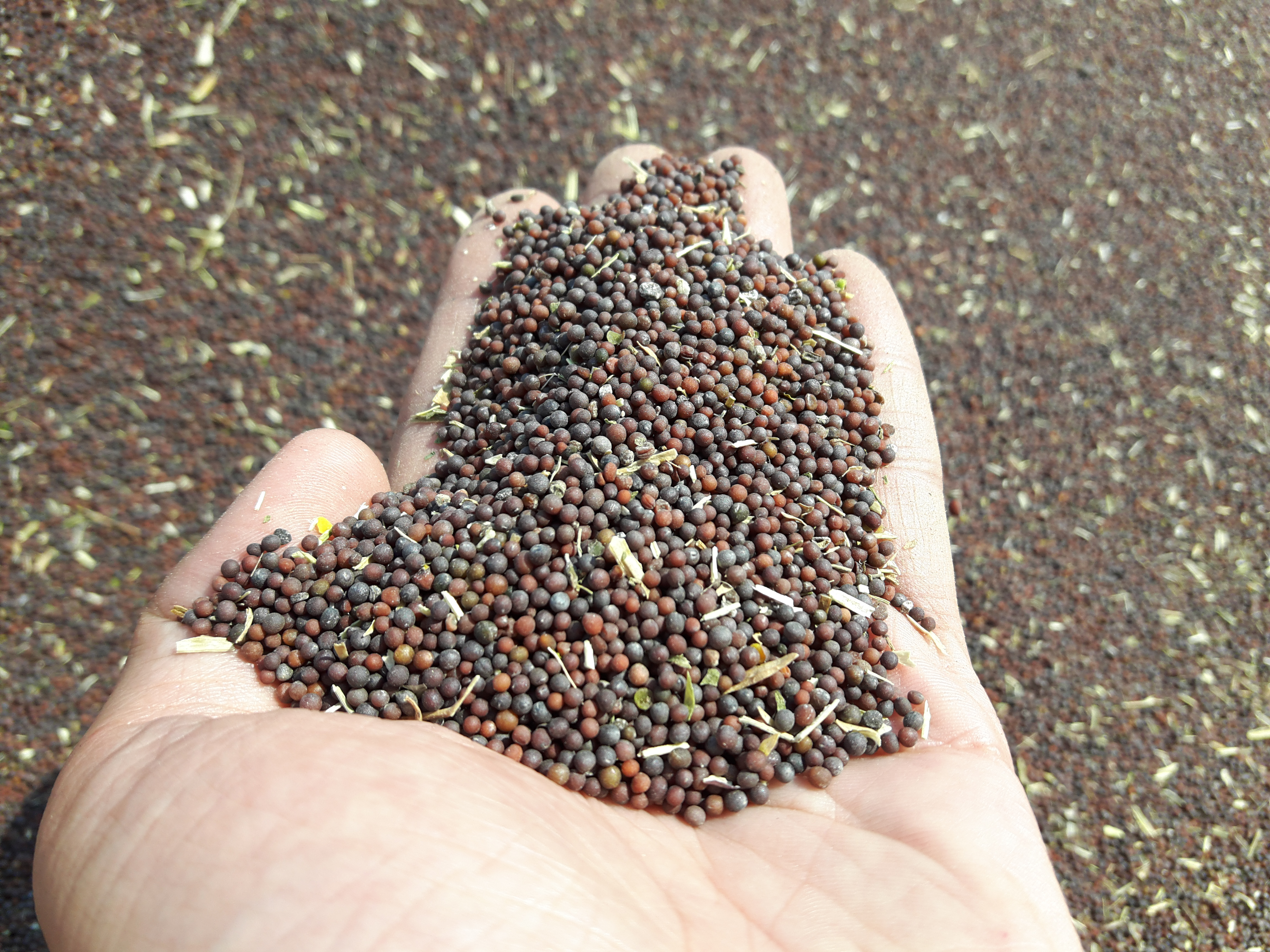
OTTAWA – The Canadian Chamber of Commerce says China’s decision to ban canola imports from Canada has no basis in scientific fact.
Mark Agnew, senior director of international policy for the chamber, says he trusts the assessments by Health Canada and the Canadian Food Inspection Agency that Canada’s crop is safe.
China’s decision to ban $2 billion worth of Canadian exports is widely seen as retaliation for Canada’s arrest of Meng Wanzhou, the daughter of the founder of telecom giant Huawei, at the behest of the United. Agnew, however, stopped short of linking the arrest with the canola issue.
“When you look at the numbers the canola industry has put out, there’s a massive market here that looks like it’s being shut off for Canadian canola exporters,” Agnew said Friday in an interview.
“We trust what Health Canada and CFIA say about the safety of Canadian exports. It’s quite easy to see there’s not a science-based justification for what China is doing to Canadian canola exports.”
China is the recipient of about 40 per cent of Canada’s exports of canola seed. China is the only country to raise a technical issue with the product.
With the Canadian canola industry urging Prime Minister Justin Trudeau to press China for solutions, the House of Commons agriculture committee meets later this morning in Ottawa to consider a Conservative motion to take action.
China says it has found hazardous organism in the shipments of two major canola exporters, Richardson International Ltd. and Viterra, Inc.
China was infuriated by Meng’s Dec. 1 arrest on a U.S. extradition warrant alleging fraud.
Nine days after Meng’s arrest, China imprisoned two Canadians – ex-diplomat Michael Kovrig and the entrepreneur Michael Spavor – and accused them of violating China’s national security.
Earlier this week, Chinese Foreign Ministry spokesman Geng Shuang said China’s actions on canola were “scientific and reasonable.”
Without mentioning Huawei directly, Geng said China hopes Canada can “get along with us to ensure the sound and steady development of China-Canada relations.”
Geng said Canada should “take practical measures to correct the mistakes it made earlier” in the bilateral relationship.
Canadian farmers say China’s ban has created uncertainty ahead of the spring planting season. Along with the Canola Council of Canada, they are calling on the government to send a delegation to China to address the issue.
Earlier this week, Trudeau mentioned the possibility of sending a delegation to China, as he defended the quality control of the product as “top-notch and world-class.”